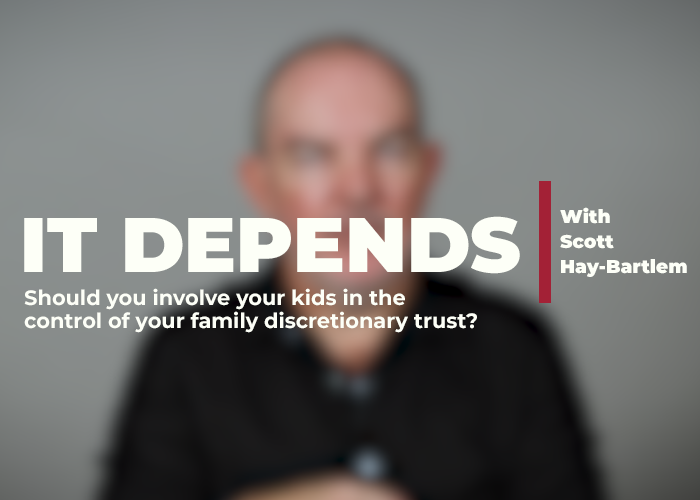Introduction
Under work health and safety laws, employers have a duty to ensure, so far as reasonably practicable, the health and safety of workers.
The courts and commissions have held that, to facilitate compliance with work health and safety duties, employers may direct staff to undergo a medical examination to assess their fitness for work, as long as there are reasonable grounds for doing so.
A recent decision from the Fair Work Commission reaffirms this and provides that, in certain circumstances, non-compliance by employees can amount to serious misconduct justifying dismissal.
Moers v The Trustee for Williamson Family Trust [2025] FWC 1344
The employee was employed as a Senior Relationship Manager at Firefly Lighting Pty Ltd.
In October 2024, the employee gave their employer one week’s notice that he was travelling to New Zealand and that he would use personal/carer’s leave because he was caring for his mother while there.
The employer requested the employee to provide documentation evidencing his carer responsibilities. Instead, the employee provided several medical certificates over the following months that collectively stated that the employee himself was unfit to work until 31 December 2024.
In light of the employee’s lengthy period of personal leave, the employer sought to assess the employee’s capacity to safely perform his role upon his return and directed the employee to:
- attend a medical assessment with his treating practitioner
- sign an authorisation for the employer to obtain medical information in connection with the employee’s employment.
The employee took issue with the employer’s direction citing concerns that the direction was not legally binding and would breach privacy laws by allowing the employer access to the employee’s medical records.
The employer reiterated its direction and warned the employee that non-compliance would be treated as serious misconduct and would result in dismissal. The employee did not respond and his employment was terminated in early December 2024.
The Commission’s decision
The employee made an application for unfair dismissal in the Fair Work Commission, which considered whether the employee’s refusal to follow the employer’s direction amounted to serious misconduct.
Under the Fair Work Regulations 2009 (Cth), serious misconduct includes a refusal to carry out a lawful and reasonable instruction that is consistent with the contract of employment.
The Commission noted that the employment contract expressly provided that the employee agreed to:
- follow the lawful and reasonable directions of his employer
- participate in any medical examination relevant to his position and employment.
Despite the employee’s privacy concerns, the Commission accepted that the employer’s direction was limited to allowing it to obtain medical information in relation to the employee’s employment and that, by his agreement to the employment contract, the employer consented to the employer accessing this information.
The Commission held that the employer’s direction was a lawful and reasonable instruction that was consistent with employment contract and, by refusing to follow this instruction, the employee engaged in serious misconduct.
The unfair dismissal application was dismissed.
Key takeaways for employers
The Commission remarked that, but for the provisions in the employment contract, the employer’s direction likely would not have been a lawful and reasonable instruction without the employee’s consent.
Employers should review their employment contracts to ensure that they comprehensively set out relevant rights and obligations, including an ability to require employees to undergo a medical examination to assess their capacity to work safely.
Employers should also review their workplace policies, such as those dealing with leave management, fitness for work, and workplace health and safety to ensure that they are up to date and that they clearly explain relevant processes and expectations.
If you have questions about independent medical examinations, lawful and reasonable directions or staff management, please contact Annie Smeaton or Gemma Sharp.






